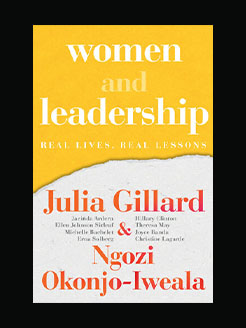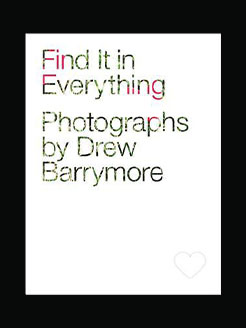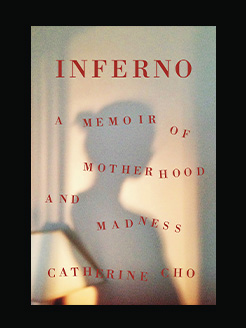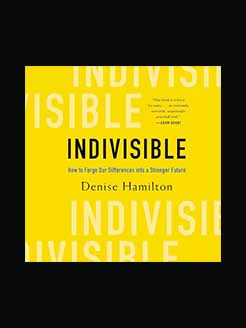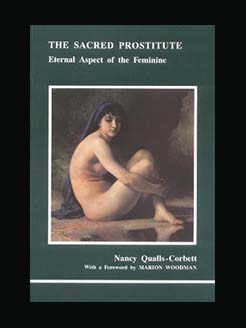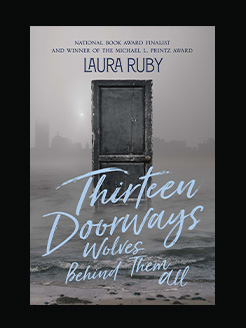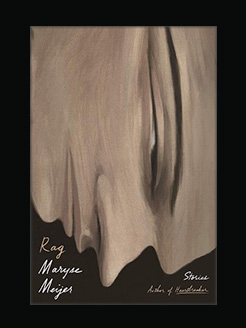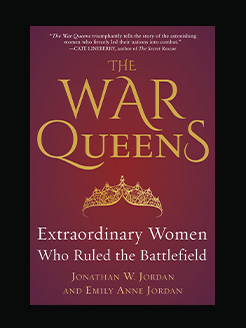Published in 1984
416 pages
Paula Giddings (born 1947 in Yonkers, New York) is a writer and an African-American historian. She is the author of When and Where I Enter: The Impact of Black Women on Race and Sex in America and In Search of Sisterhood. She is a professor of African-American Studies at Smith College and has previously taught at Spelman College, where she was a United Negro Fund Distinguished Scholar and Douglass College at Rutgers University where she held the Laurie Chair in Women’s Studies. Giddings has also taught at Princeton University, North Carolina Central University and Duke University. She is also a member of Delta Sigma Theta sorority.
Giddings grew up in an integrated neighborhood of Yonkers, New York, where she suffered from day-to-day discrimination. Later, she participated in Freedom rides where she first experienced political commitment. In 1975, she travelled to South Africa where she had the opportunity to meet leaders of the Anti-apartheid movement.
What is this book about?
When and Where I Enter is an eloquent testimonial to the profound influence of African-American women on race and women’s movements throughout American history. Drawing on speeches, diaries, letters, and other original documents, Paula Giddings powerfully portrays how black women have transcended racist and sexist attitudes–often confronting white feminists and black male leaders alike–to initiate social and political reform. From the open disregard for the rights of slave women to examples of today’s more covert racism and sexism in civil rights and women’sorganizations, Giddings illuminates the black woman’s crusade for equality. In the process, she paints unforgettable portraits of black female leaders, such as anti-lynching activist Ida B. Wells, educator and FDR adviser Mary McLeod Bethune, and the heroic civil rights leader Fannie Lou Hamer, among others, who fought both overt and institutionalized oppression.
When and Where I Enter reveals the immense moral power black women possessed and sought to wield throughout their history–the same power that prompted Anna Julia Cooper in 1892 to tell a group of black clergymen, “Only the black woman can say ‘when and where I enter, in the quiet, undisputed dignity of my womanhood, without violence and without suing or special patronage, then and there the whole . . . race enters with me.'”
